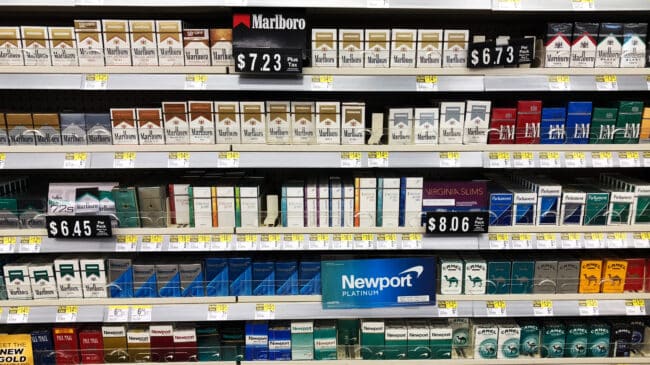The principle of local control is crucial for a well-functioning government. But in tobacco and nicotine regulation, local governments are facing intense pressure to implement laws detrimental to public health and consumer choice. Most notably, these include prohibitions on the sale of flavored nicotine authorized by the U.S. Food and Drug Administration (FDA).
Since the FDA was tasked with regulating tobacco products in 2009, a host of safer nicotine alternatives to combustible cigarettes have entered the market. The FDA has authorized products like e-cigarettes, oral, and heated tobacco products, including some flavored products, as part of a harm reduction strategy so that smokers who are unwilling or unable to quit cigarettes through traditional methods can switch to safer forms of nicotine.
But local authorities still have the power to ban these products despite having undergone extensive scientific review. Should localities decide to ban these products, smokers would be denied access to safer alternatives to cigarettes that have been demonstrated to help smokers quit. Preemptively reserving the power to prohibit categories of products to state legislatures avoids the unintended consequences of inconsistent local prohibitions, which can disrupt a state’s public health goals and distort the broader economy through increases in the illicit tobacco trade and pushing purchases to other jurisdictions.
How state preemption protects public health
- Local governments that ban FDA-authorized products that are legally available in other jurisdictions deny residents the fundamental right to improve their health which could have negative impacts on the state’s overall healthcare spending.
- The overwhelming majority of adult smokers who switch to safer nicotine products to quit smoking use flavored products, several of which are authorized by the FDA as appropriate for the protection of public health.
- Survey data shows that 28 percent of vapers would source flavored products from the illicit market if banned, and almost 20 percent would switch back to smoking traditional cigarettes.
Unintended consequences of local prohibitions
- Yale University’s research found that after San Francisco banned flavored tobacco products, the odds that San Francisco area youth would smoke increased.
- A study of seven California cities with flavored tobacco sales restrictions found these bans were not associated with decreased youth e-cigarette use.
- Restrictive laws on safer alternatives to cigarettes can produce negative interactions between law enforcement and the public leaving police departments open to litigation.
Takeaway: To maximize the benefits to public health, state legislators should preemptively reserve their state’s right to regulate nicotine products.

